In an international conference, experts and stakeholders gathered to discuss the use of virtual reality (VR) technology for educational programmes in prison settings. The conference shed light on a two-year initiative's success in enhancing education and rehabilitation among inmates.
Incarcerated individuals often lack the essential competencies and vocational skills to enter the job market, making it challenging for them to reintegrate into society upon release. Recognising the transformative potential of education and training in prisons, innovative approaches are being explored to provide effective learning opportunities.
Virtual Reality technology has emerged as a game-changer in this realm, offering incarcerated individuals a unique and immersive educational experience. Using VR technology to deliver training scenarios offers a range of advantages that effectively address common challenges encountered in providing professional training within prisons.
One such issue is the low participation and high dropout rates among inmates. VR technology addresses this concern by engaging inmates through gamified experiences, creating a stimulating environment that promotes sustained interest and participation.
Moreover, VR’s immersive nature has proven to be highly effective in overcoming issues related to learning motivation and difficulties. By placing inmates in highly immersive settings, VR technology enhances concentration and cognition, enabling prisoners to achieve superior levels of learning and retention.
Another significant challenge faced in prison education is often the lack of training resources. VR provides a solution by simulating environments for training with tools and settings that are otherwise difficult to access or expensive. In addition, the controlled environment offered by VR allows for the simulation of potentially risky situations in real life without endangering inmates or staff.
ViRTI Project presents innovative training scenarios for inmate education
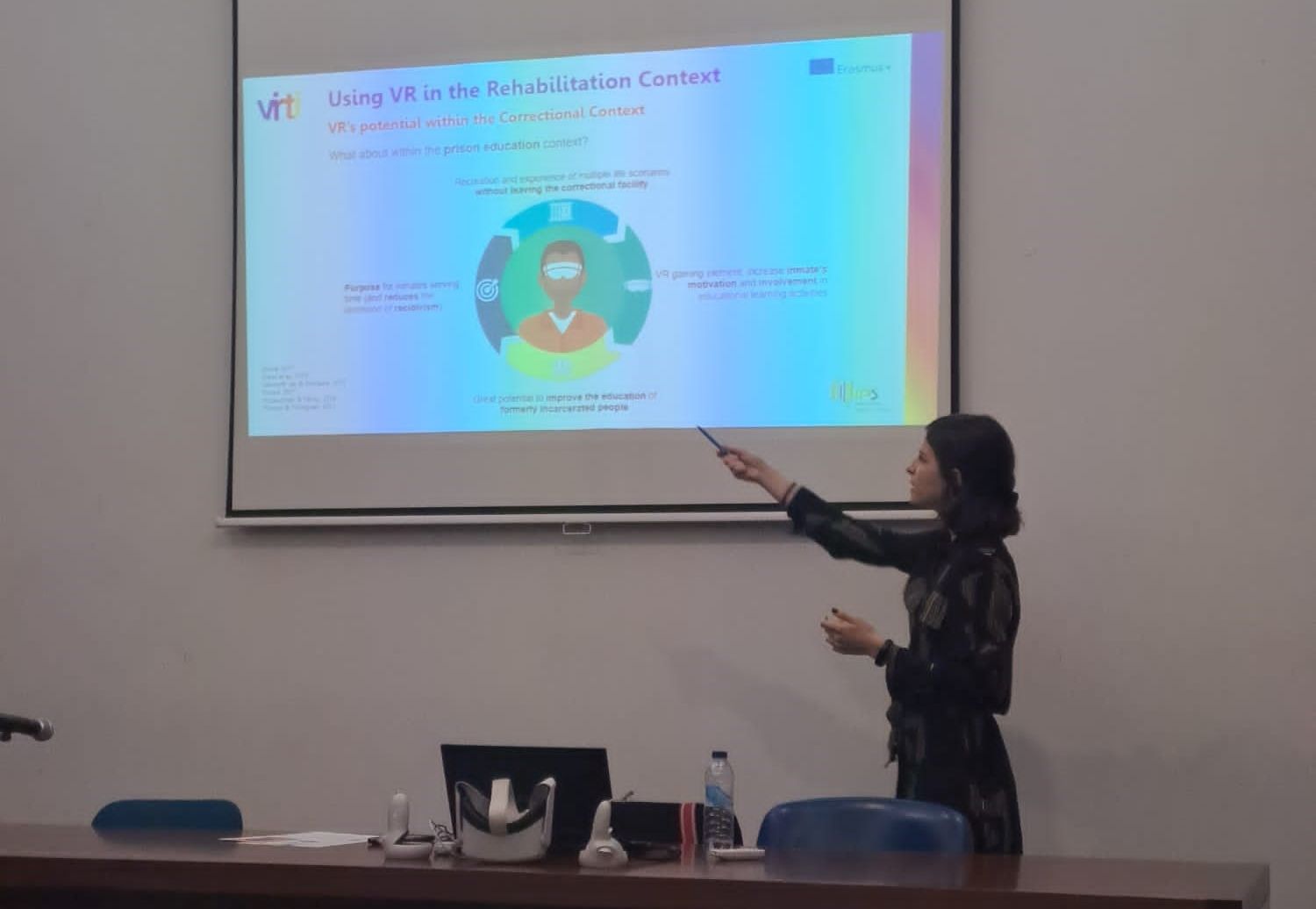
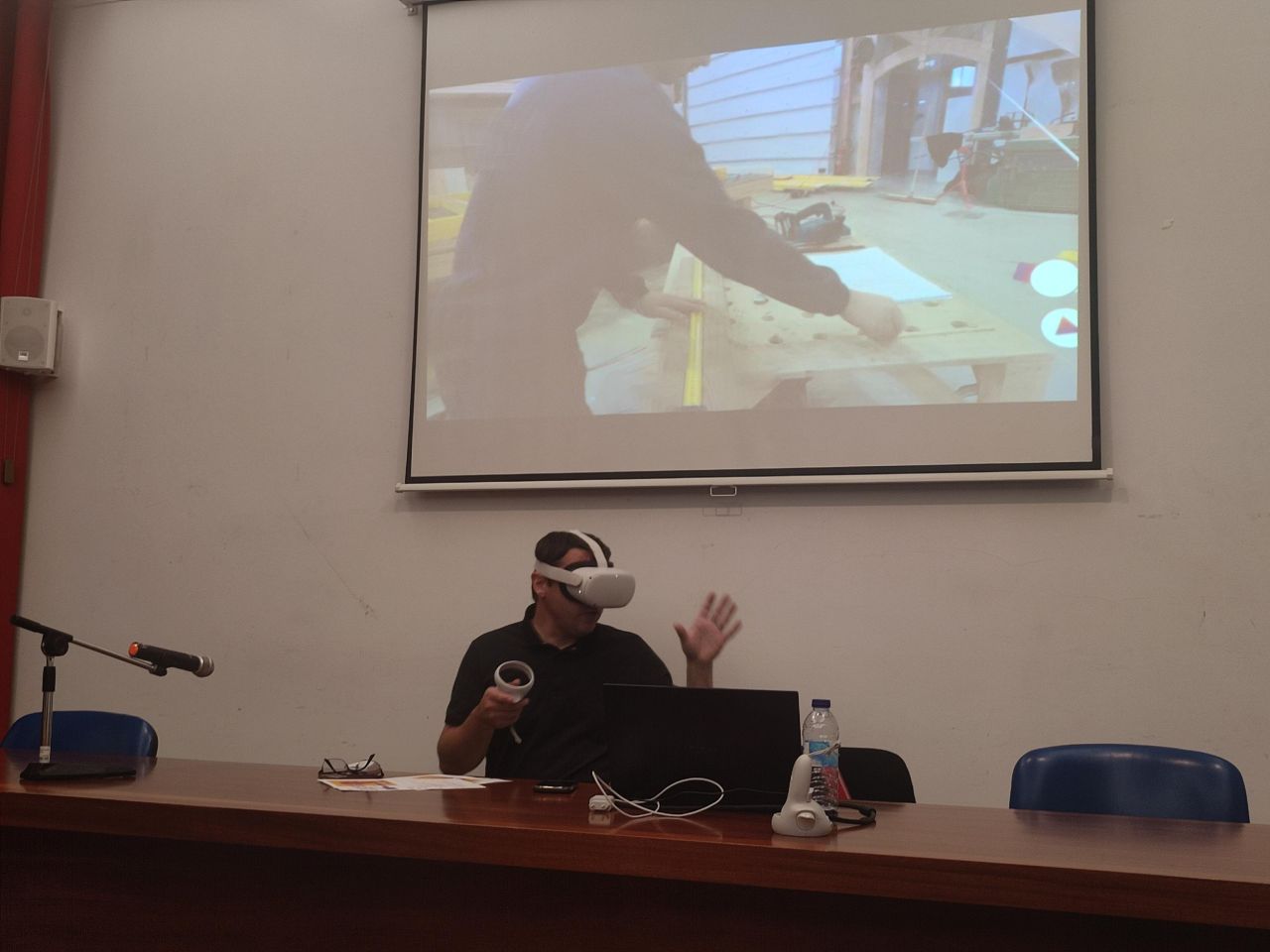
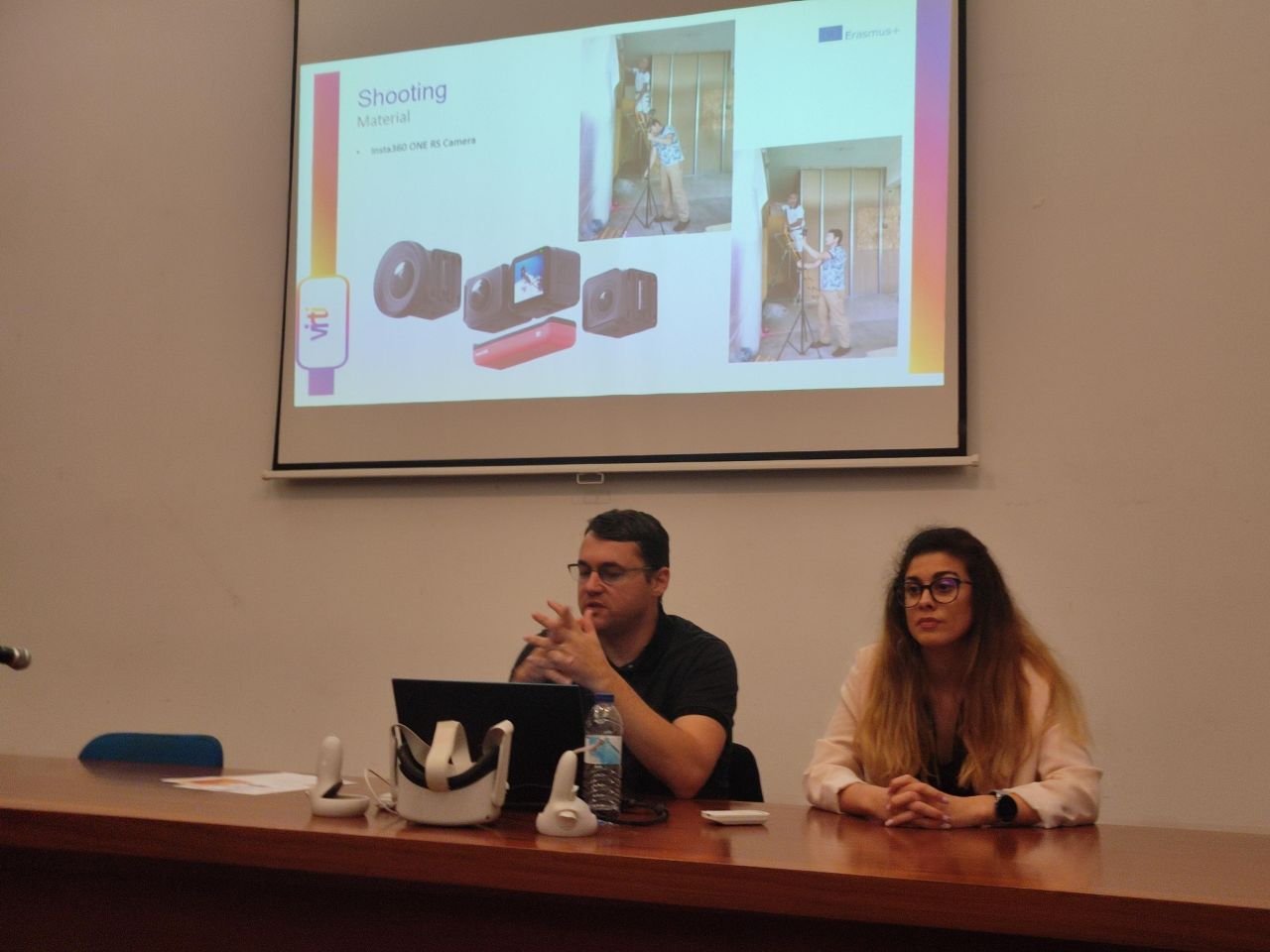
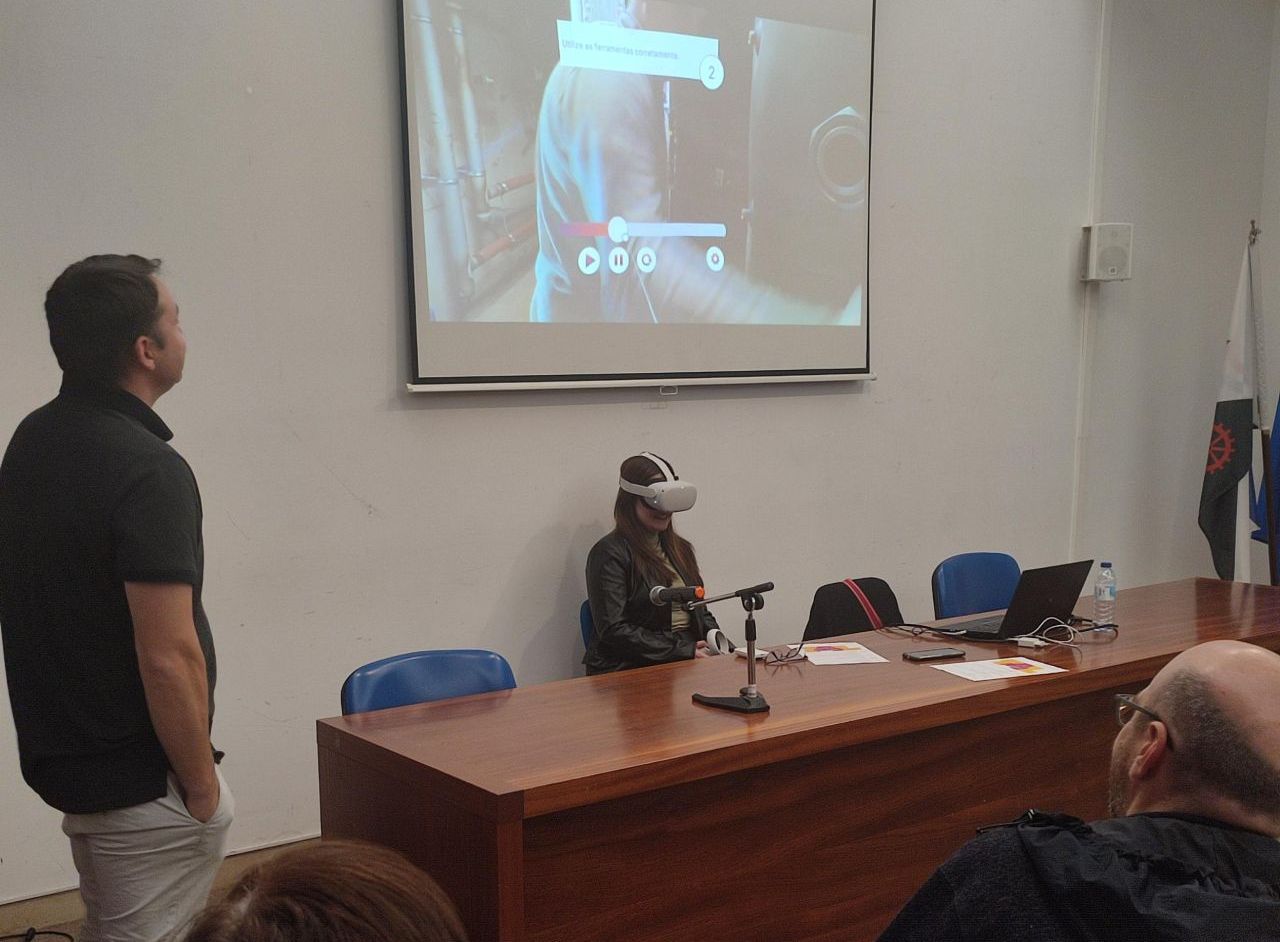
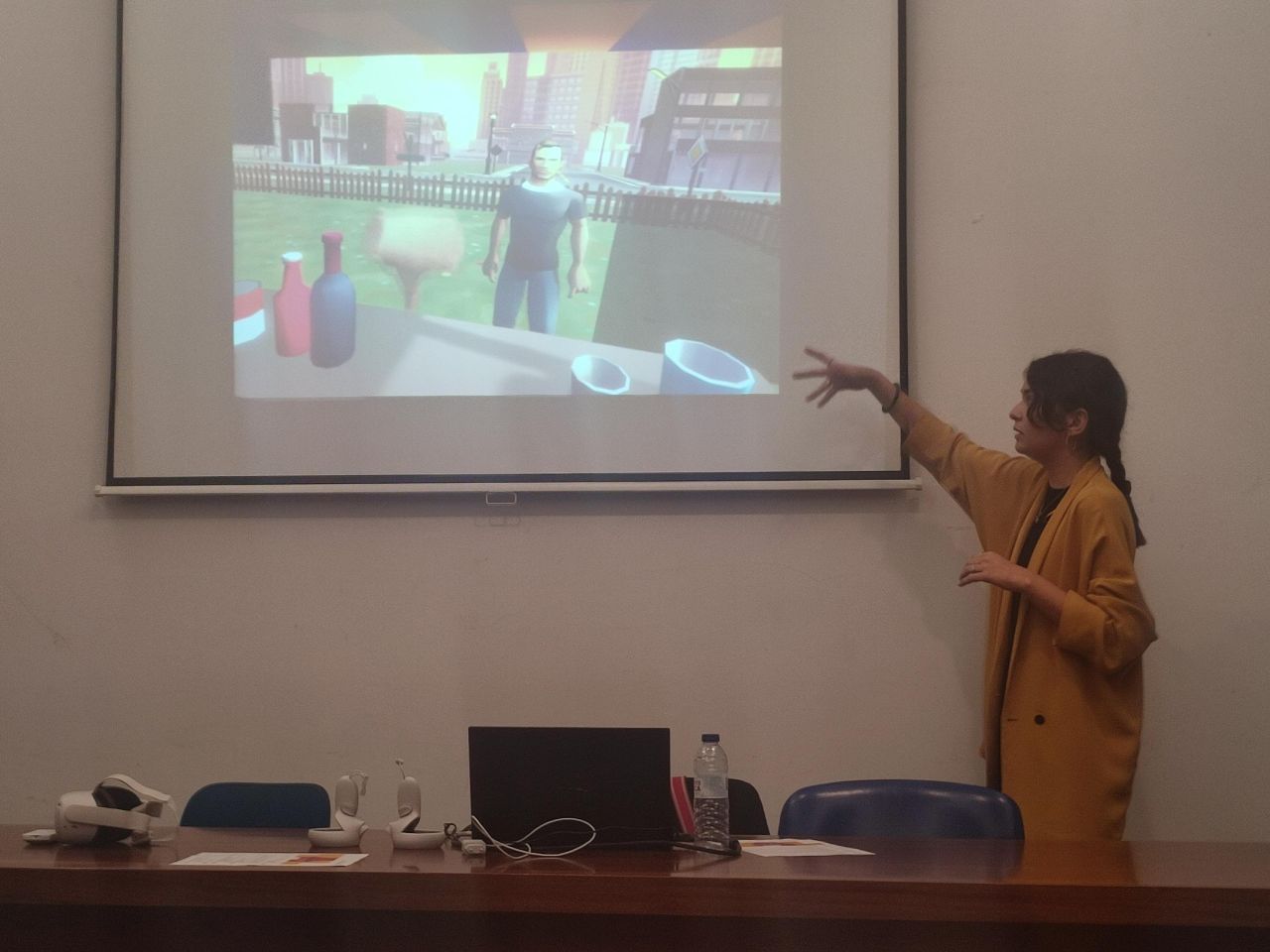
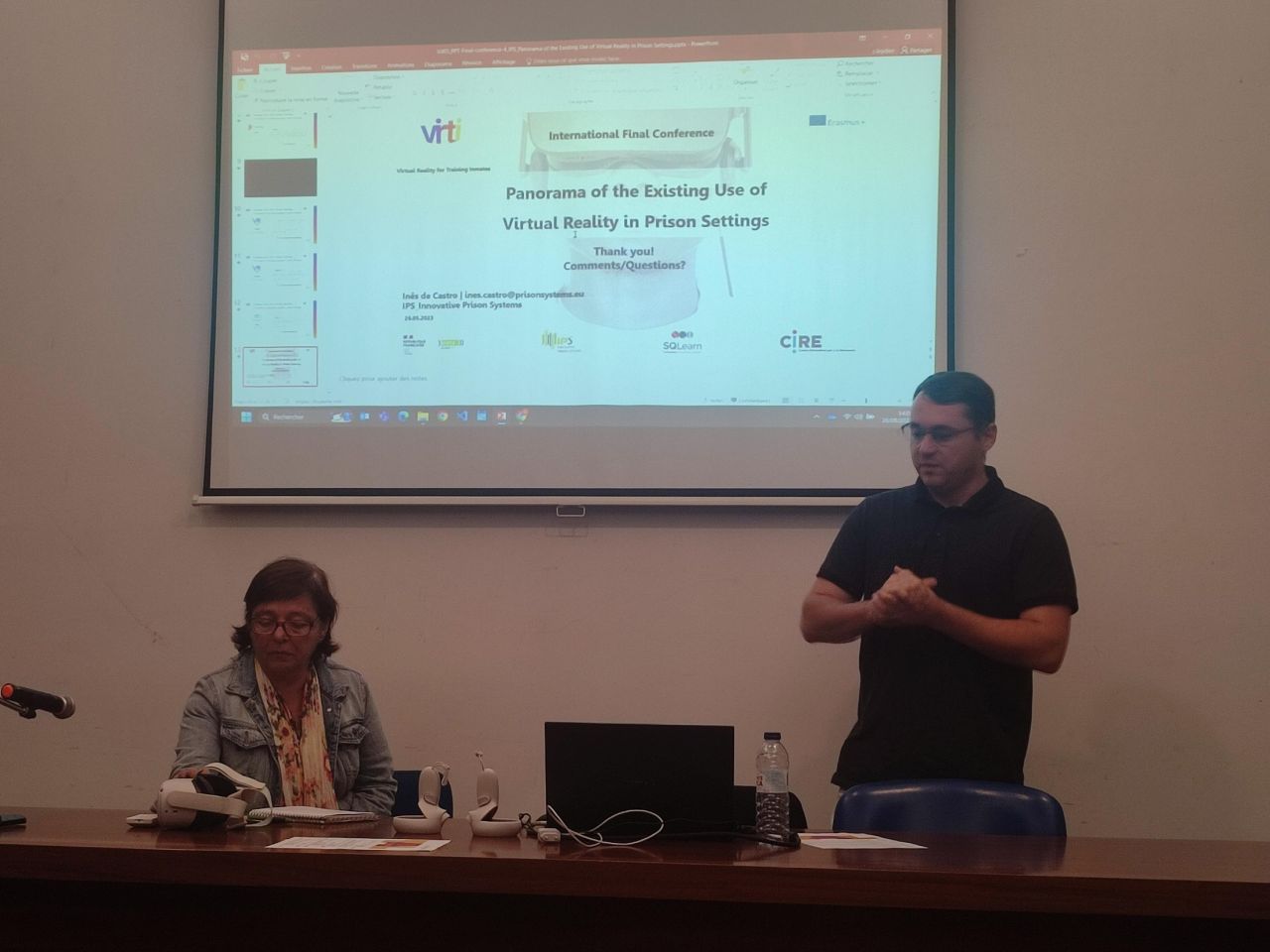
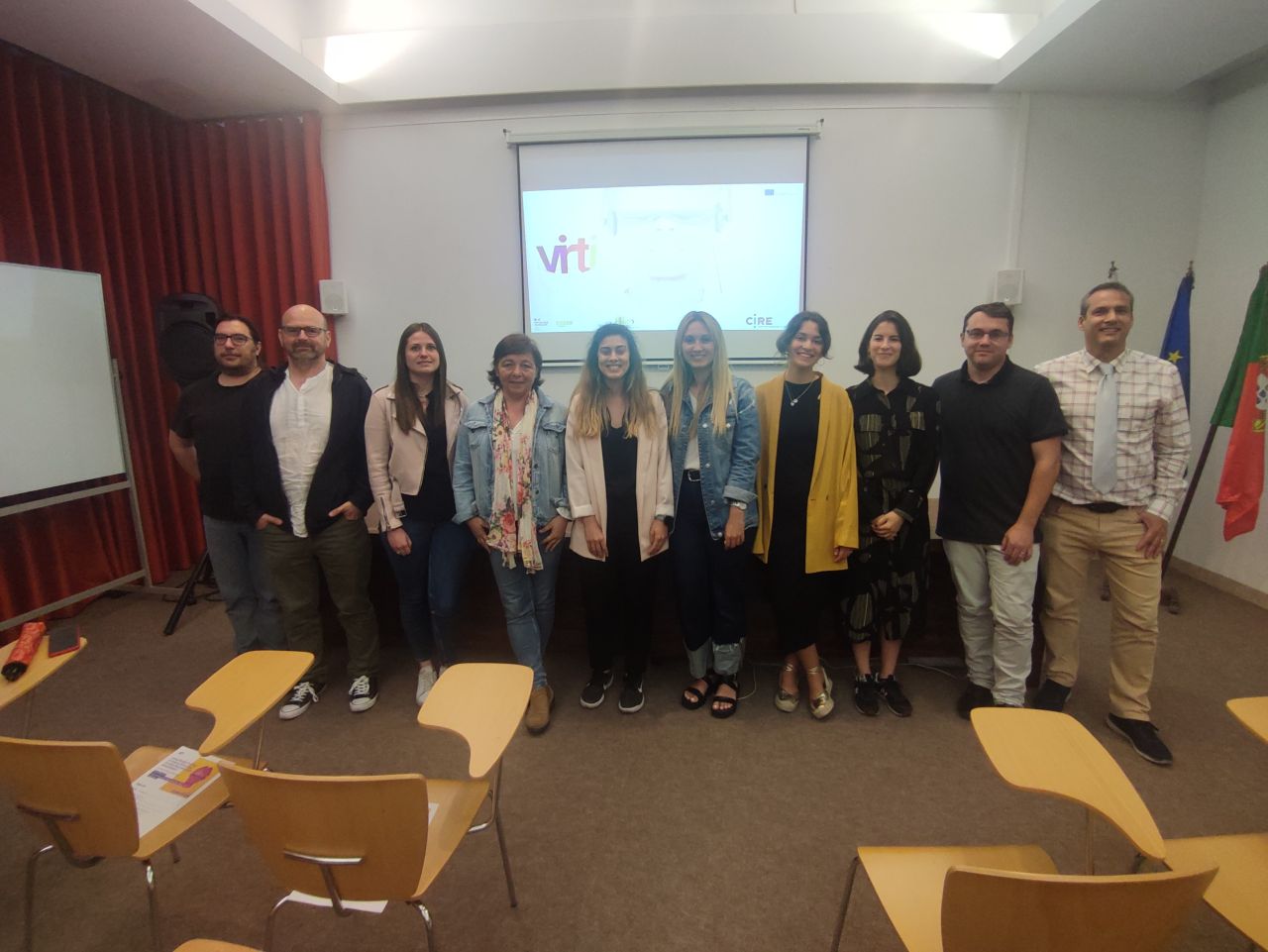
All the listed benefits are part of project ViRTI’s research on the “Potential of Virtual Reality for
Education and Training in Prisons” and “Practical Guide to Train Inmates”, which were presented and analysed at the initiative’s International Final Conference hosted on May 26th of 2023 at the University of Beira Interior, Covilhã (Portugal). During the conference, international European experts shared the project’s findings on the use of VR in rehabilitation and education in prison settings.
The ViRTI project has leveraged this knowledge to develop a series of training scenarios in VR focused on teaching inmates’ valuable skills in various trades. The training programmes cover a range of vocations, including electrician, mason, plasterer and painter, tiler/parquet installer, plumber, and carpenter.
Throughout these interactive experiences, users follow construction workers in their daily activities and learn about the tools, materials and specific knowledge and skills related to these professions. The learning process is then evaluated with series of multiple-answer questions, also delivered in VR.
The developed training scenarios are available online for users with access to VR to explore. These tools offer a valuable opportunity for educators, researchers, and those interested in exploring the benefits of VR technology in correctional facilities.
Validating the motivational effect of VR training in prisons
The project has successfully piloted these training scenarios with over 60 individuals in prisons across France, Portugal, and Spain, garnering overwhelmingly positive feedback.
A standout clear conclusion was the confirmation of the intended motivational effect of the VR integration. Beyond the enhanced engagement with jobs skills learning created by the gamification element of VR, it also provides them with a much-appreciated opportunity to experience different scenarios beyond the confines of their prison environment. Furthermore, this learning methodology has the added bonus of enabling inmates to acquire digital skills in contact with emerging technologies.
The results of the project demonstrated the immense potential of VR for transforming prison education and rehabilitation programmes. The ViRTI Project will stand as a practical example of the positive impact that innovative technology-enhanced training opportunities can have on the lives of incarcerated individuals, providing them with educational and skills development, and a path towards successful reintegration into society.
Learn more about this project

ViRTI
Virtual reality for training inmates
The ViRTI project is led by Greta du Velay (Velay Region Educational Institutions Group) (France) in partnership with IPS_Innovative Prison Systems (Portugal), CIRE (Centre for Reintegration Initiatives) (Catalonia, Spain), and SQLearn (Greece)
For more information about the ViRTI project, please visit the project’s website.
More Rehabilitation, Reintegration and Community Projects

STEP2LAB
Systematic Transition from Prison into the Labour Market

VISION
Visualising the Future Through Training

NEXT STEPS
Development and testing of a process chain for the placement of former detainees as specialists in the labour market

TRIANGLE
Secured digital education system for vocational skills for youngsters in closed institutions

PREVEX
Preventing Emotional and Sexual Abuse Among Young People

TRAIVR
Training of Refugee Offenders by Virtual Reality

BLEEP
Blended Learning Environment for European Prisoners

VR4DRUG Rehab
Developing and Using Virtual Reality Technology for the Rehabilitation of Drug Users in Probation Services

Coding-OUT
Coding in prison as a valuable OUTside tool for employment

RE[ENTER]
Strengthening the capacity of criminal justice professionals and volunteers
Related news

IPS-partnered initiative using VR technology to reduce reactive aggression in prisons awarded “Best Innovation Project” in Romania
Read More »
Enhancing child-friendly juvenile correctional training across Europe: IPS presents key findings at CRS 2025
Read More »

